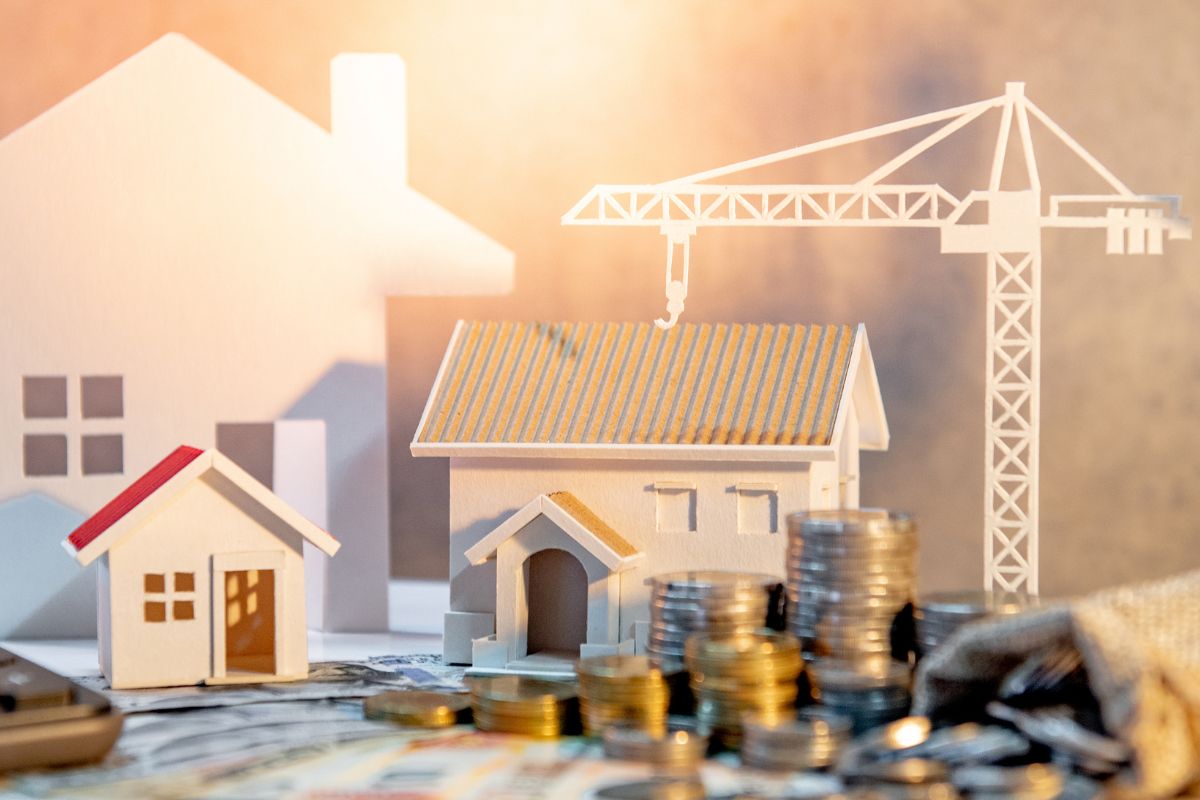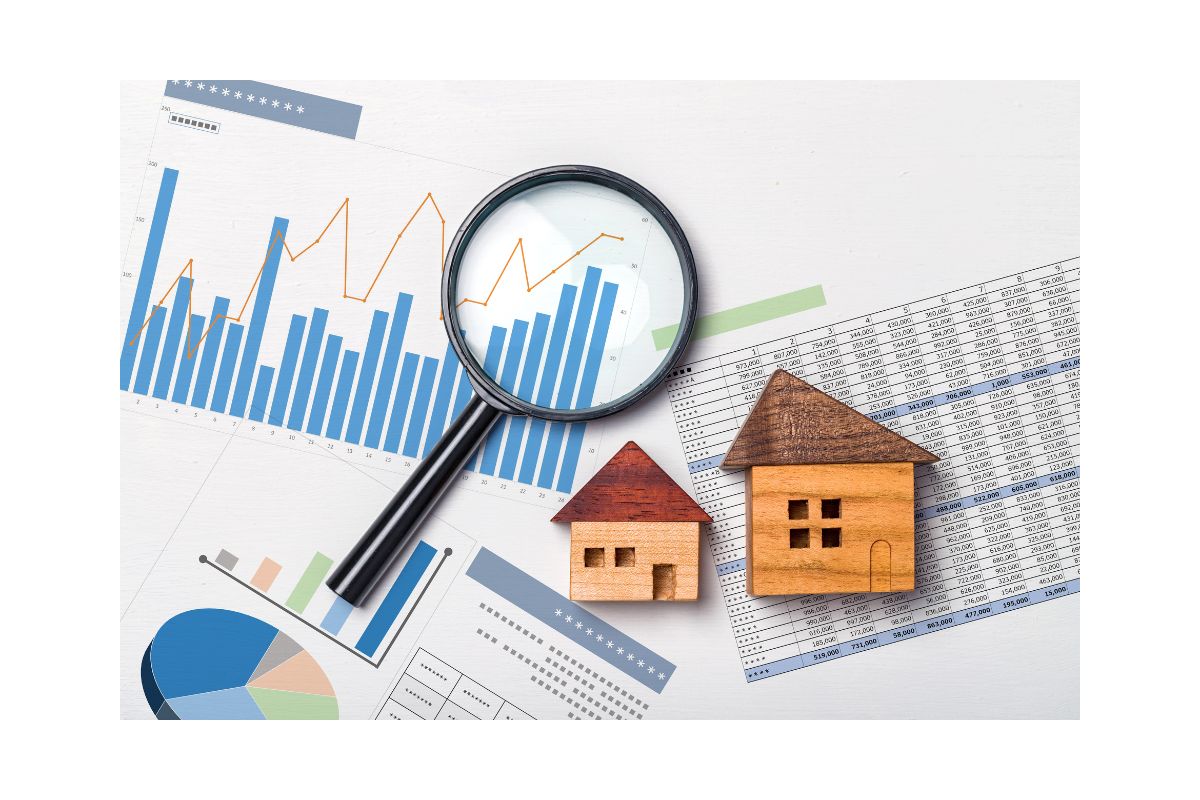When it comes to making a strategic investment in real estate, buyers have to be aware of many factors that can greatly influence the success of their investment.
The process requires careful consideration and planning, from understanding market trends and financial considerations to evaluating potential risks and growth opportunities. By being well-informed and prepared, buyers can head into real estate investing with confidence, making decisions that align with their goals and maximize their chances of long-term success.
Purchasing an investment property takes time, research and patience, which is why it's so important to work with a real estate agent you not only trust but who knows their stuff!
My goal is to share tips and areas to keep in mind when searching for your investment property so you don't wind up losing money on your investment. Here are a few things to keep in mind:
Pre-Approval and Budget Establishment:
Never jump into buying a property without knowing how much you can afford! Getting a mortgage pre-approval is important, and I have seen many buyers make the mistake of jumping straight into house hunting without knowing their maximum affordability. Without pre-approval, you risk wasting time looking at properties that may not fit your budget. By getting pre-approved, you'll clearly understand the price range you can comfortably afford, allowing you to focus your search on suitable options.
Consider Appreciation Potential:
One of the first things I do with every client is to look at an area where houses will likely substantially appreciate over time. We want to be aware of the locations with the potential for significant appreciation in the coming years. By investing in a property that appreciates, you can sell it later and upgrade to a larger or more expensive home within a relatively short period, typically 3-5 years.
Property Type: Less Stress or Constant Management:
Choosing the right property type couldn't be more important. You need to consider your desired level of property management involvement, or you could regret your investment! Condos typically require less stress as they have fewer maintenance issues, making them the best option for those who prefer a hands-off approach. However, buying condos in buildings with high appreciation levels is important, preferably newer constructions (less than 5 years old), is important. On the other hand, houses and townhomes are ideal for investors who are ok with constant management and upkeep. These properties may require more attention and maintenance, making them a better fit for retired individuals or those with the resources to handle ongoing repairs. Trust me - these things can add up!
Plan for Initial Costs, Ongoing Expenses, and Exit Strategy:
To ensure a successful investment, it is essential to consider the initial costs, ongoing expenses, and potential exit plans. Many people fail in real estate investing because they didn't plan for these factors. You HAVE to understand the total cost of ownership, including purchase price, mortgage payments, property taxes, insurance, and maintenance expenses. You should also consider factors like market demand and desirability to ensure that your investment remains easily sellable if you need to sell quickly.
Rental Factors: Location, Demographics, and Rent Control:
If you plan to rent the property, make sure to consider key rental factors. For houses, proximity to parks, good schools, stores, hospitals, and other amenities can attract potential tenants. Condos, on the other hand, should be located near public transit and offer desirable amenities for single individuals, foreign students, or young couples. I also make sure that I spend time researching the building and neighbourhood demographics for my clients, as this is important for finding suitable renters. You also need to pre-screen potential renters, verify their financial capability, and conduct background checks to minimize risk.
It’s also important to understand if you are purchasing a property in a building that is rent controlled. If so, this will limit your ability to raise rent, so keep this in mind.
Appreciation Analysis and Market Forecast:
Anyone looking to buy an investment property should analyze the appreciation history for the building and the area. Look into the market forecasts for the next 1, 3, and 5 years to gauge the growth potential. Investing in buildings that are relatively new (0-5 years old) and have projected appreciation levels of 8-10% per year is preferable. You also want to have the latest information about the building's future expenses, special assessments, and other factors that may influence its market value.
If you would like to know more about purchasing a great investment property, feel free to reach out any time.
Matilda N. - Your realtor that truly cares!







Post a comment